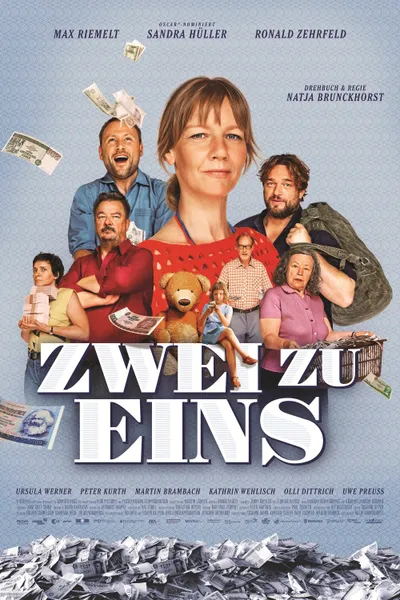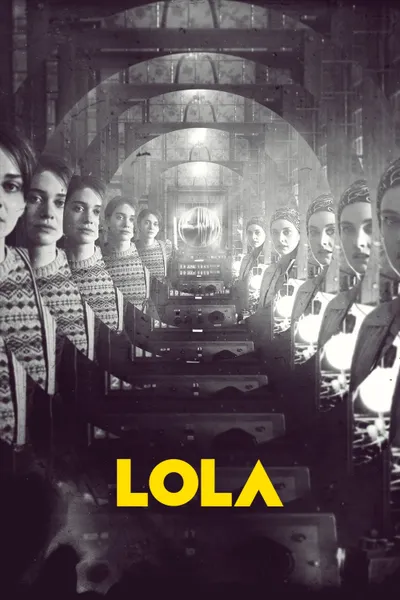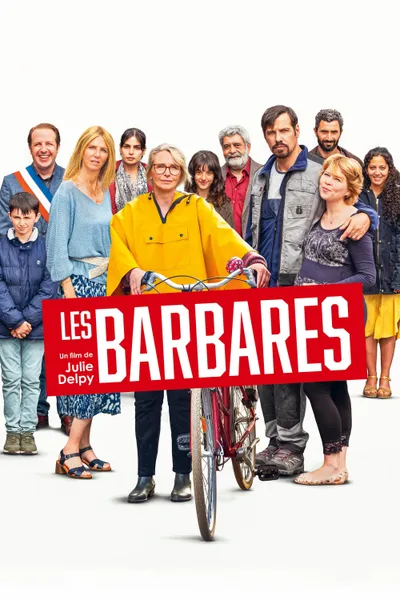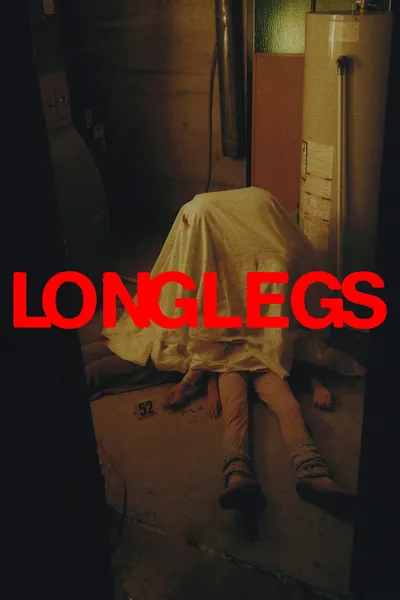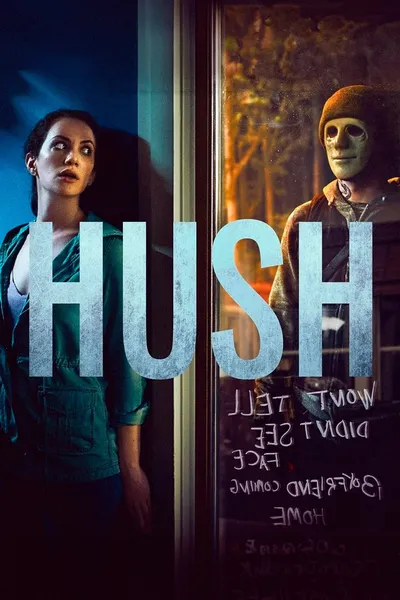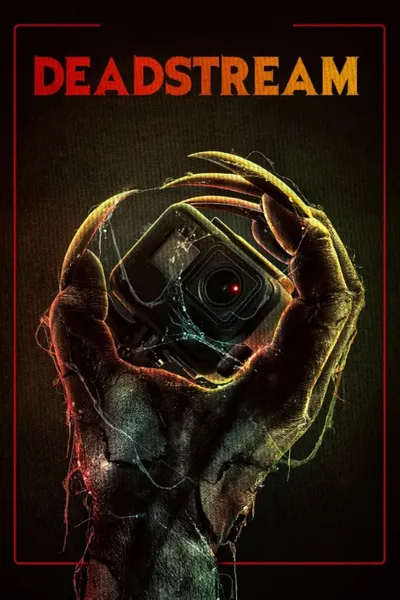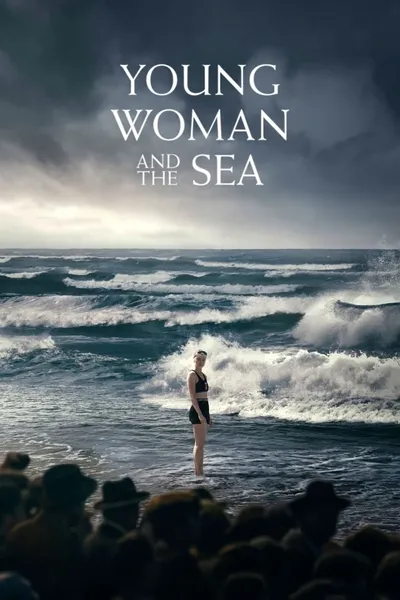Reviews
Brent Marchant
October 21, 20248.0
Stories based on the notion that “truth is stranger than fiction” often provide a great foundation for comedy, and writer-director Natja Brunckhorst’s second feature is evidence of that. This fact-based tale set in 1990 during the transitionary days of German reunification follows the newly uncertain lives of a group of working class residents in the city of Halberstadt as they seek to cope with the emerging social, economic and political paradigm that has been thrust upon them. As their East German homeland is absorbed into its Western counterpart, the socialist nation begins evolving into a new capitalist enclave. But this process is fraught with serious fiscal consequences with hard-hitting impact on East Germany’s citizens, many of whom now find themselves without work and a source of income, prospects that are likely to persist for at least a year, if not longer. And, unless they swap their soon-to-be-worthless East German currency for Deutsch Marks by a fast-approaching deadline, they’ll be without savings and working capital, too. So, in the face of these pressing circumstances, it’s truly ironic that a quartet of financially strapped locals should stumble into a huge stash of East German money that’s been casually disposed of in an underground (and surprisingly easily accessible) bunker, left to decay – and available for the taking. They impulsively grab as much as they can carry, but they’re nevertheless left with the question of what to do with it in the face of the impending exchange deadline. The answer lies in a creative money laundering scheme cleverly cooked up with a host of similarly situated community residents who seek to not only trade in the newly acquired cash without drawing undue attention, but also to expand upon the legitimately scrubbed reserves to build an even larger mutually held nest-egg. Doing so has its share of challenges, though, both economically and personally, yielding more than its share of surprises, conflicts and hearty belly laughs. While the film is a little slow to get started and has a few moments that either could have been eliminated or executed more deftly, “Two to One” otherwise delivers on all fronts. The picture’s fine ensemble cast, crisp writing, catchy soundtrack and spot-on period piece production values mesh well, spinning an inspiring, touching and humorous underdog yarn about hard-pressed everyday folks rising up to address extraordinary circumstances. It’s also a feel good, family-oriented tale told in an unlikely setting under unlikely conditions that are probably little known to those outside of Germany, but one that effectively proves once again that the truth really is often stranger than fiction.
Recommendation Movies
LOLA2023
Meet the Barbarians2024
Fly On2023
My Favourite Cake2024
Dreaming Walls2022
Der Feind meines Feindes2022
Longlegs2024
The Zone of Interest2023
Hush2016
Anyone But You2023
No Hard Feelings2023
South Park: Joining the Panderverse2023
Oppenheimer2023
Deadstream2022
Fast X2023
Young Woman and the Sea2024
The Super Mario Bros. Movie2023
Wolfs2024
Furiosa: A Mad Max Saga2024
Dune2021
© 2024 MoovieTime. All rights reserved.Made with Nuxt
